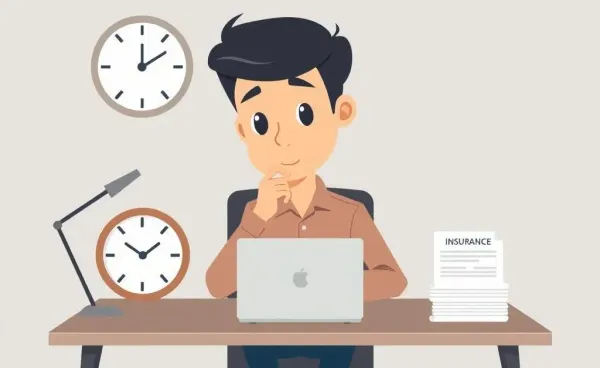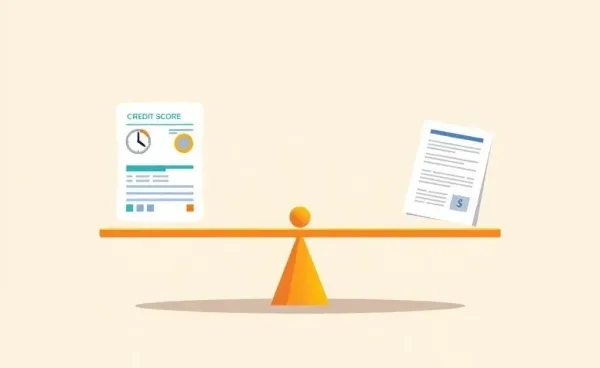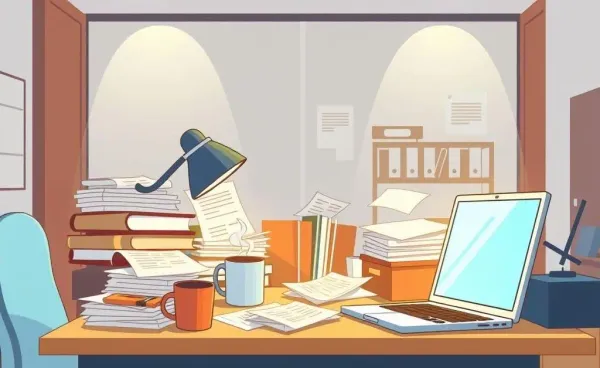Why Does Your Credit Score Drop When You Pay Off Debt?
Learn why paying off debt can temporarily lower your credit score and how to navigate this financial quirk easily.
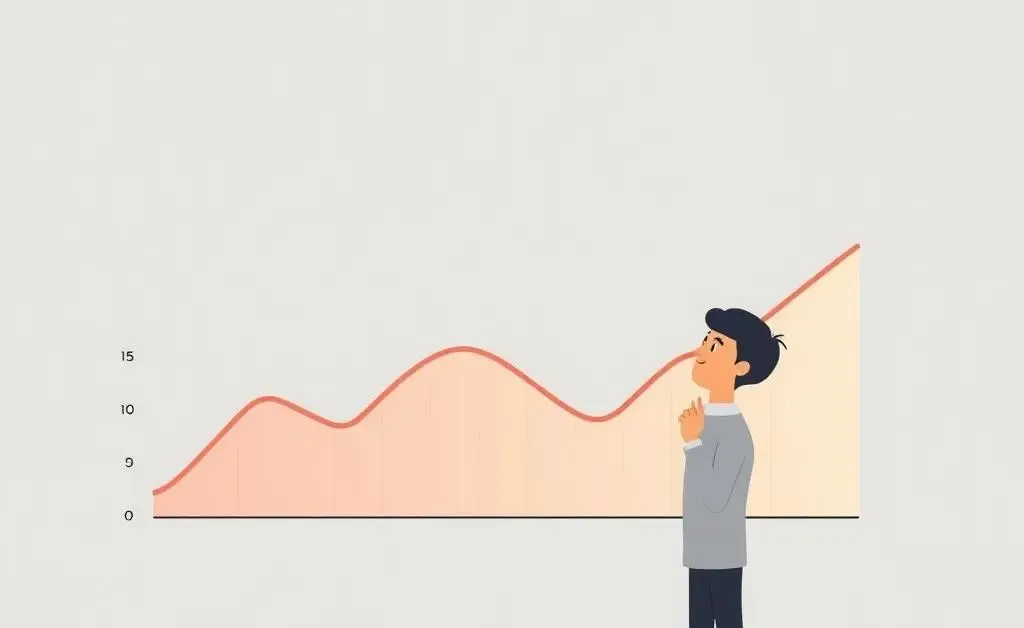
Have you ever noticed your credit score dropping even after paying off a hefty debt? If yes, you're not alone! This financial quirk might leave you scratching your head, but understanding the reasons behind it can help ease the surprise.
Why Paying Off Debt Can Lower Your Credit Score
First things first, let's demystify this perplexing situation. Your credit score is calculated based on several factors, and paying off debt can influence each of these in ways you might not expect:
- Reduced Credit Mix: If your paid-off debt was a type of credit you no longer use, it may affect the diversity of your credit profile, which comprises about 10% of your score.
- Account Closure: When you pay off and close an account, your credit limit decreases—increasing your credit utilization ratio, which accounts for 30% of your score.
- Shorter Credit History: Credit history length makes up 15% of your score. Closing an old account might affect your score if it was among your oldest.
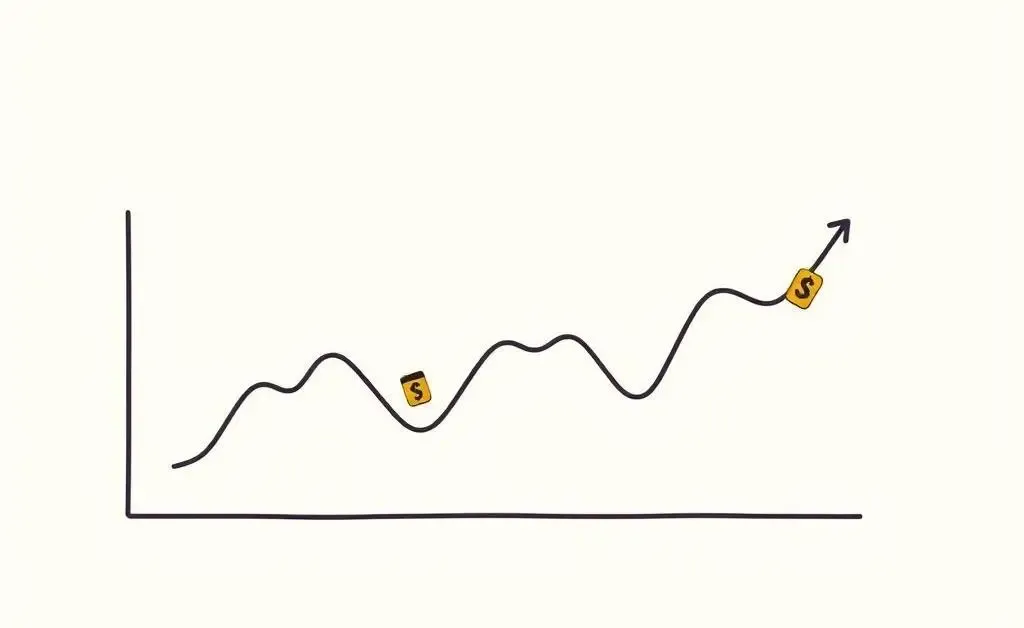
A Relatable Anecdote to Lighten the Mood
Imagine this: Alex just received an unexpected windfall and excitedly paid off his last credit card. But wait, what's this? His credit score dipped! Feeling both elated and confused, Alex dove into research, swiftly discovering the short-term drawbacks of being debt-free. He chuckled, "It's like shedding extra weight and suddenly missing the lightness of your wallet!" Understanding his own credit dance gave him the assurance that scores do rebound—so does yours.

Steps to Navigate This Financial Quirk
Now that you know what causes the dip, here are steps you can take to ensure your score bounces back:
- Keep Old Accounts Open: After paying off an account, consider keeping it open to maintain your credit history length and available credit limit.
- Maintain a Healthy Mix: Diversifying your types of credit (revolving and installment) encourages a higher score.
- Monitor Your Credit Report: Regularly check your credit report for inaccuracies that could further impact your score. Here's a link to the official site to get your free reports.
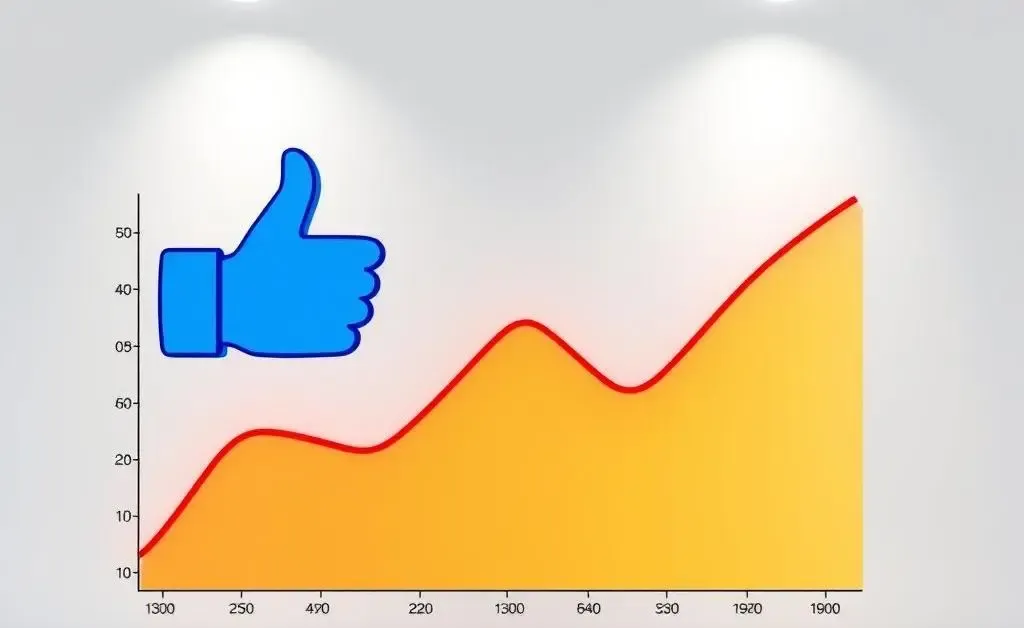
In the End, Patience Pays
While it might be frustrating seeing your credit score dip after paying off a debt, remember it's usually temporary. Focusing on healthy financial habits will lead your credit score back up—stronger than ever. Have you experienced a surprising credit score change? What steps did you take to bounce back?


